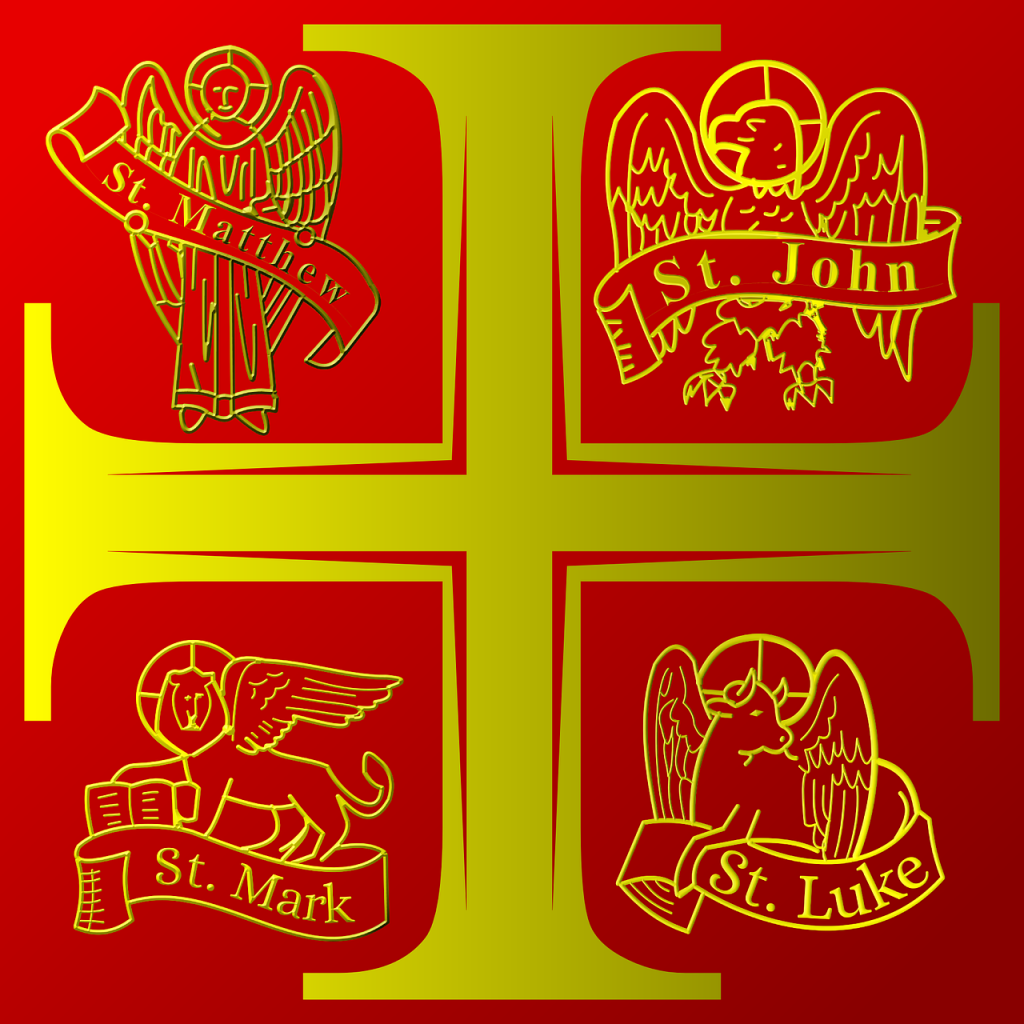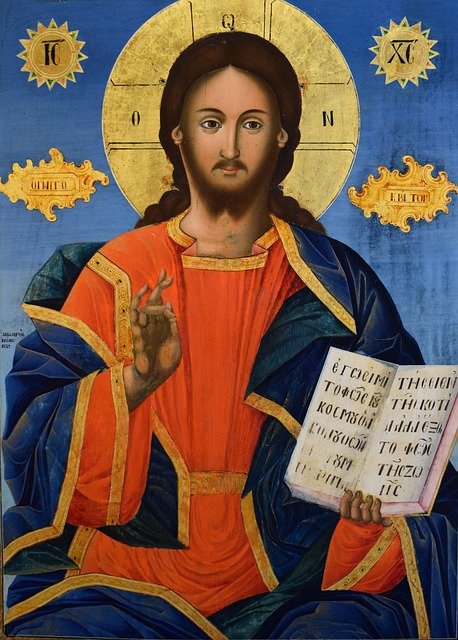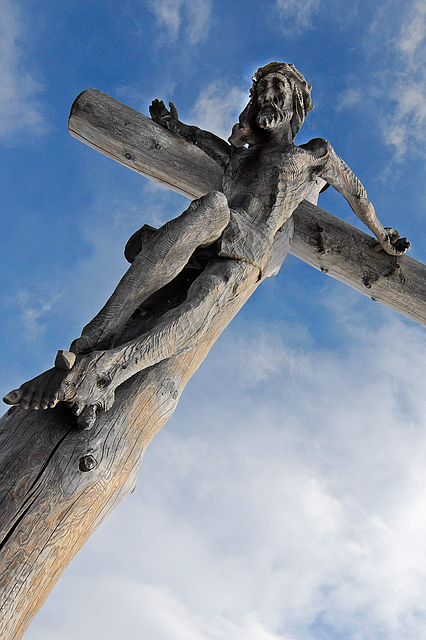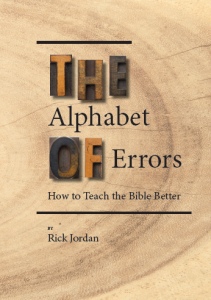
The four gospels that we have (the gospels of Matthew, Mark, Luke, and John) tell the story of Jesus and of his first followers. Each of them has a unique approach and a unique audience, as described in this video clip of an interview I did with Paul Borgman:1
Why not just one?
God gave us four gospels because we needed to hear the story of Jesus from a quartet of writers. If God thought that the story could be told by one writer, I assume God would have chosen the best writer of 30 AD and had him/her write it. That would have been more efficient. And, it would have led to less confusion.
Could there have been other gospels? Yes, there could have been other collections of stories or teachings. There could have been other audiences that needed to be addressed. Indeed, we know that there were other writings.
Actually, there were many more!
Elizabeth Clark, Distinguished Professor Emeritus of Religion from Duke University, notes, “In the second and third century we know now there were any number of gospels which had names of apostles appended to them. There were also acts also with names of apostles appended to them so you have The Acts of Paul, The Acts of Thomas and so forth. … These circulated quite freely in the church and Christians for a while probably used these … somewhat indiscriminately; it’s only a little bit later … you begin to have people objecting, ‘don’t use this one, don’t use that one.’ … It may surprise people to know that it’s really not until the year 367 that we have a list of New Testament books that conforms exactly to the list of the twenty-seven books we would call the New Testament today. So, throughout the second and third centuries there was quite a lot of fighting about which ones are in and which ones not.”2
How did we get to the number four?

“Irenaeus, the leader of a church in France in about the year 170, declared that ‘The heretics boast that they have many more gospels than there really are. But really they don’t have any gospels that aren’t full of blasphemy. There actually are only four authentic gospels. And this is obviously true because there are four corners of the universe and there are four principal winds, and therefore there can be only four gospels that are authentic. These, besides, are written by Jesus’ true followers.’”3
That is not very comforting to a 21st century, scientifically-minded people, is it? The selection may have had to do with political reasons – not national politics, but local church politics, according to Harold Attridge of Yale Divinity School:
The politics of choosing the true gospels

“I think the composition of a four-fold gospel canon reflects complicated developments during the course of the second century. One of the factors that played a role here certainly was the fact that certain gospels were revered in certain ecclesiastical centers, so it may be that Antioch had a special affection for the Gospel of Luke. We don’t know that for a fact, but this is certainly an element in the development of the gospel canon. So as the centers got together and wanted to share fellowship and shared their readings, it would have been important for them to recognize one another’s principle texts. There may also have been some theological issues that were being debated, and the use of certain texts in connection with those debates probably played a role in the recognition of those texts as authoritative. We know that that was the case with the Gospel of John; by the end of the second century there was a faction among the Roman church leadership that rejected the fourth gospel and said, ‘We ought not have it.’ They thought that perhaps there was a portrait of Jesus that compromised his humanity. And so the insistence upon the full humanity of Jesus would have been an issue in the acceptance of John as authoritative. So there were both some political and also some theological reasons that no doubt played a role. And then there were various other gospels that were not included within the fourfold canon that probably did not have the sponsorship of a major church, or had some feature to them that was particularly problematic from a theological point of view.”2
Is the passion present?
Clark suggests a deeper reason:

“We have apparently a recourse to the original function of gospel narrative which is the narrative of Jesus’ suffering and death as the story that accompanies the celebration of the central Christian ritual, the Eucharist. And that meant that only gospels who have a passion narrative can be included. The Gospel of Thomas does not have a passion narrative. And it was never discussed for possible inclusion. It is characteristic that all gospels of the canon have a passion narrative because the central Christian ritual, that’s the Eucharist, cannot live without that story. And it is out of that movement that the four-gospel canon arises. And it comes, interestingly enough, as a canon that preserves diversity, within limits…. There is no claim that this canon represents four gospels that are all saying the same thing. It is rather an attempt to bring together as many Christian communities that were bound to a particular gospel into one major church. And this was essentially accomplished through the four-gospel canon.”2
We have what we need
Were there stories and teachings from Jesus that did not make it into the remaining four gospels? Yes, according to the end of John’s gospel. “Jesus did many other things as well. If every one of them were written down, I suppose that even the whole world would not have room for the books that would be written. … Jesus performed many other signs in the presence of his disciples, which are not recorded in this book. But these are written that you may believe that Jesus is the Messiah, the Son of God, and that by believing you may have life in his name.” (John 21:25; 20:30-31 NIV)
- To see more of this interview and other interviews I have conducted with Biblical scholars, go to htpps//:greatbibleteachers.com/interviews. [↩]
- See more at https://www.pbs.org/wgbh/pages/frontline/shows/religion/story/emergence.html [↩] [↩] [↩]
- From an article by Elaine Pagels. See more at https://www.pbs.org/wgbh/pages/frontline/shows/religion/story/emergence.html [↩]

